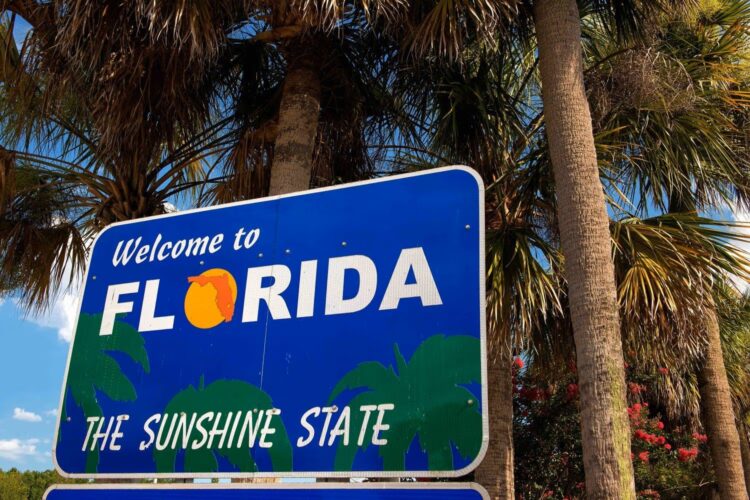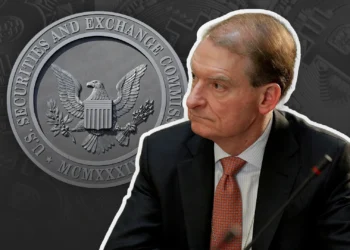Florida has officially scrapped its plans to establish a Strategic Bitcoin Reserve, bringing an abrupt halt to legislative efforts that would have permitted the state to invest public funds in Bitcoin.
The Florida Senate marked both House Bill 487 and Senate Bill 550 as “indefinitely postponed and withdrawn from consideration,” effectively signalling the end of the initiative. This decision came just one day after the legislative session concluded, with neither bill advancing to a full vote, despite early signs of bipartisan support.
House Bill 487, titled “Investments of Public Funds in Bitcoin,” was introduced in February and initially gained traction. It passed its first committee hearing unanimously on April 10, laying the groundwork for what could have been a bold move toward digital asset adoption in state finance.
The bill authorizes Florida’s Chief Financial Officer and the State Board of Administration to invest up to 10% of certain public funds, including the General Revenue Fund and Budget Stabilization Fund, into Bitcoin. It also allows lending and using Bitcoin in exchange-traded products while implementing strict custody and compliance measures to manage risk.
Running in parallel, Senate Bill 550 mirrored the objectives of HB 487, proposing similar authorizations for Bitcoin investments using state-controlled funds. However, neither measure progressed beyond the committee stage, and both were shelved with the session’s adjournment.
Florida’s efforts to integrate Bitcoin into its financial system have stalled, reflecting a trend among U.S. states considering crypto-backed treasuries. For instance, Oklahoma’s proposed Strategic Bitcoin Reserve Act (HB1203) met a similar fate.
Despite gaining some traction, the bill narrowly failed to pass the Senate Revenue and Taxation Committee in a 6–5 vote. Like Florida’s proposal, Oklahoma’s bill sought to empower the State Treasurer to allocate up to 10% of select public funds—including the State General Fund and Constitutional Reserve Fund—into Bitcoin and other high-cap digital assets, such as stablecoins. Regulated custodians would have held these assets under strict oversight.
If you want to read more news articles like this, visit DeFi Planet and follow us on Twitter, LinkedIn, Facebook, Instagram, and CoinMarketCap Community.
“Take control of your crypto portfolio with MARKETS PRO, DeFi Planet’s suite of analytics tools.”





















